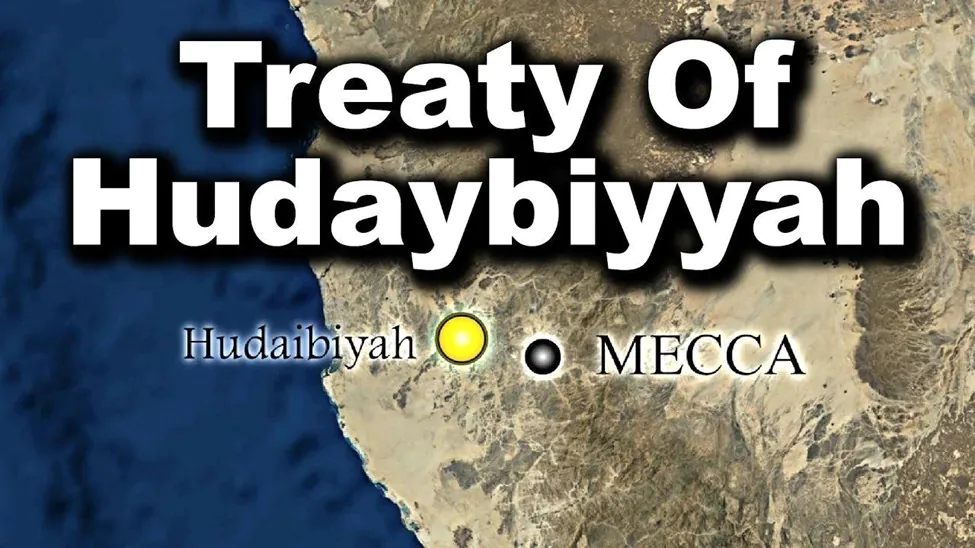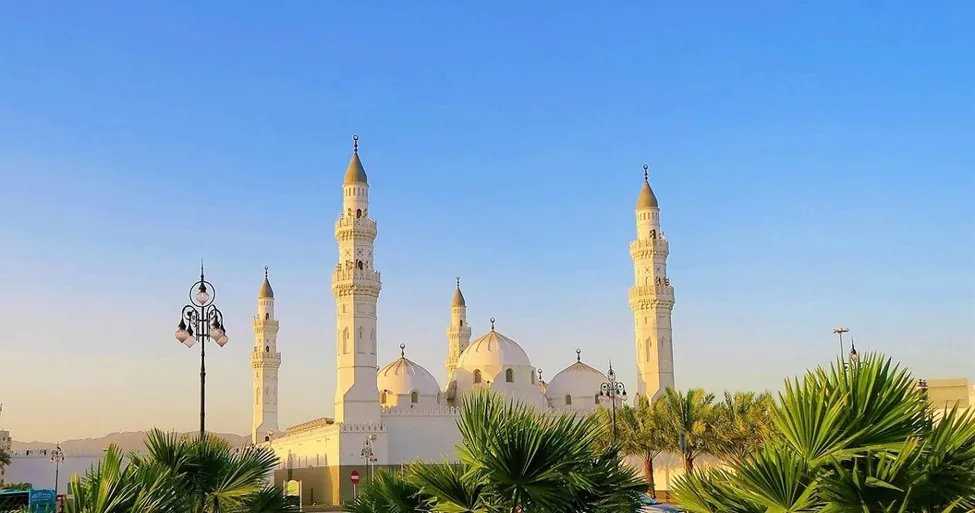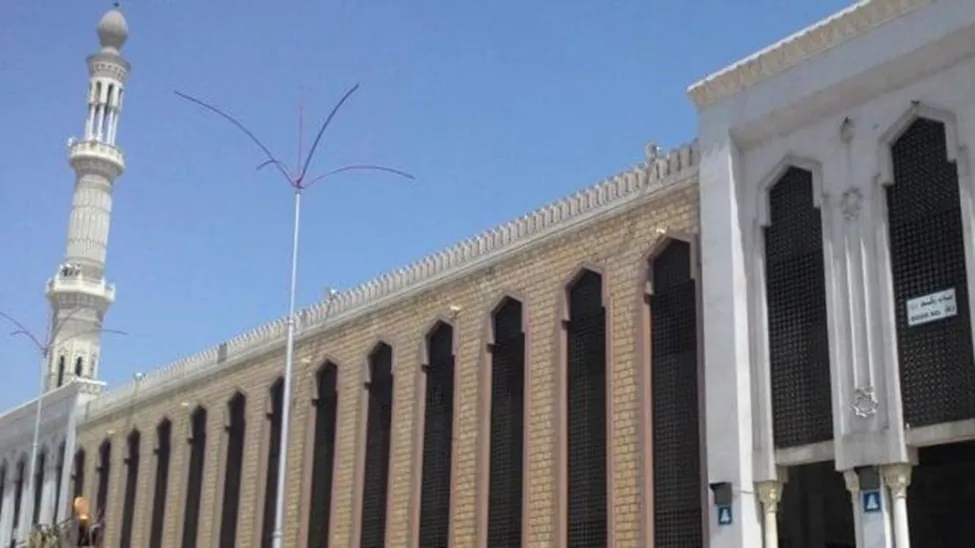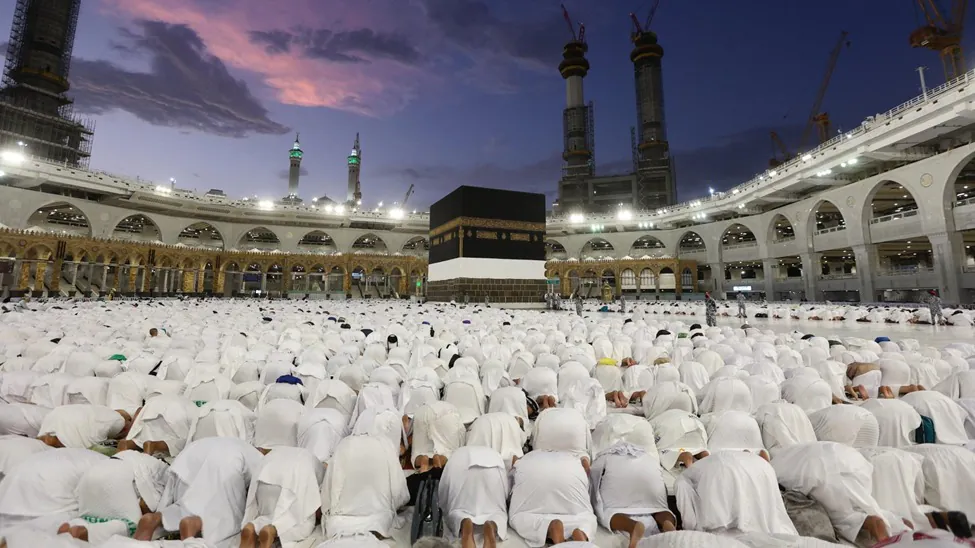The Hudaibiyah Treaty is a colossal aspect in the history of Islam, not only as a peace treaty, but also a diplomatic coup of immense magnitude that had defined the future of Islam. This 10-year truce was signed in 628 AD between Prophet Muhammad (PBUH) and the Quraysh tribe of Mecca; it is a demonstration of shrewd negotiations and foresight. It enabled Muslims to gain stronghold in Arabia which culminated into the peaceful capture of Mecca. This blog will touch upon the highlights of the Hudaibiyah Treaty, the context of the treaty, key terms, and the consequences of the treaty in the long run. Regardless of whether you are first-time learner or you simply want to know more about this key event, this post will arm you with useful facts not only about the treaty, but how it relates to the history of Islam.
The Background of the Hudaibiyah Treaty
In order to correctly appreciate the importance of the treaty, one must appreciate the historical background of the treaty. By the sixth year following the migration of the Prophet (PBUH) to Medina (Hijrah), the Muslims had become very strong. Prophet Muhammad (PBUH) chose to undertake Umrah in Mecca, which is one of the biggest religious practices that are common among Muslims. Nevertheless, considering the bad relation between Muslims and the Quraysh tribe, there was tension. Muslims were not allowed to enter the sacred city of Mecca with the Quraysh afraid that this visit would end in a fight or use of force. This finally led to the two sides entering into negotiations which led to a treaty being signed at a place known as Hudaibiyah, which was outside Mecca.
Key Points of the Hudaibiyah Treaty
The Hudaibiyah Treaty presented conditions that initially seemed unfavorable to Muslims but remarkably turned into a strategic advantage later. Here are the significant points:
- A 10-Year Peace Agreement
Both sides agreed to a ceasefire for 10 years, during which neither Muslims nor Quraysh would engage in hostile activities against each other.
- Delayed Umrah
Muslims were denied immediate access to Mecca to perform Umrah. However, they were permitted to return the following year to perform the pilgrimage peacefully, without interference from the Quraysh.
- Freedom of Alliance
Tribes in Arabia had the freedom to align themselves with either Muslims or the Quraysh. This provision allowed smaller tribes the opportunity to choose alliances without force or domination.
- Return of Refugees
Any Muslim escaping from Mecca to Medina would be returned to the Quraysh. However, any individual fleeing from Medina to Mecca would not be returned to the Muslims.
Initially, these terms appeared harsh and unfavorable to the Muslims, yet Prophet Muhammad (PBUH) saw beyond the apparent disadvantages. His acceptance of these terms was a testament to his leadership and unwavering belief in Allah’s plan.
The Immediate Impacts of the Hudaibiyah Treaty
The outcome of the Hudaibiyah Treaty might have disappointed some Muslims at first, but the long-term benefits it brought were undeniable. The immediate impacts included:
- A Period of Peace and Stability
With hostilities paused between the Quraysh and Muslims, both parties could focus on internal matters. This enabled the Muslims to strengthen their community in Medina, expand their influence, and spread the teachings of Islam further.
- Freedom of Movement
The treaty allowed for free movement and interaction across Arabia, leading to stronger bonds between tribes and an opportunity to preach about Islam to various groups.
- Strengthened Alliances
Smaller tribes, seeing the fairness in the treaty terms, began aligning with the Muslims. This helped build stronger coalitions that contributed to the eventual growth of Islamic influence.
The Strategic Brilliance of the Treaty
The Hudaibiyah Treaty is considered as a tactic that led to major progress of the Muslim community. It showed the effectiveness of diplomacy and patience when pursuing greater objectives. Prophet Muhammad (PBUH) preferred peace in the long term rather than the profits in the short term. This move came to bear fruits since the treaty presented a sharp contrast on the way of conflict resolution by the Muslims as compared to the obstinate attitudes of the Quraysh. This gradually conquered hearts and minds and demonstrated the reality and honesty of the Islam values.
Lessons From the Hudaibiyah Treaty
The Hudaibiyah Treaty is lauded not only as a pivotal moment in Islamic history but also as a case study in conflict resolution for political and spiritual leaders worldwide. It teaches us several key lessons:
- Diplomacy Over Aggression
Even when the terms seem unfavorable, steadfast diplomacy and faith in a larger plan can lead to unexpected victories.
- Strategic Patience
Sometimes, waiting for the right moment and taking the long-term view can pay off better than immediate satisfaction.
- Building Relationships
The treaty ultimately strengthened ties within and outside the Muslim community, demonstrating the impact of effective communication and alliance-building.
Umrah Packages for 2025 Made Simple
The Hudaibiyah Treaty is one of the treaties that many Muslims draw inspiration with in their spiritual journeys today. When it comes to 2025, and you want to perform Umrah, Crowne Travels will be at your service. At Crowne Travels we realize how important your pilgrimage is and we therefore make it as smooth as possible. We offer expertly designed Umrah Packages 2025 and create a succinct experience where you do not have to worry about anything; we have got you covered, starting with lodging to the transportation process. Are you making your first trip to this life changing worship or you have made previous trips? In any case, Crowne Travels is there to ensure the trip is rewarding and one that you will remember.
Why the Hudaibiyah Treaty Remains Relevant Today
The Hudaibiyah Treaty has a lesson which is evergreen to both Muslims and non-Muslims. What is good about it is that it promotes the idea of diplomacy, long-term thinking, and belief in the face of a challenge. This critical situation also showed that an apparent defeat can be translated into a major victory given patience and the ability to maneuver. Book your Umrah in 2025? Do it with assurance and with calm mind by knowing more about the customized pilgrimage packages offered by Crowne Travels that suit each traveler. Contact us now and begin making a path towards a spiritually uplifting journey.










